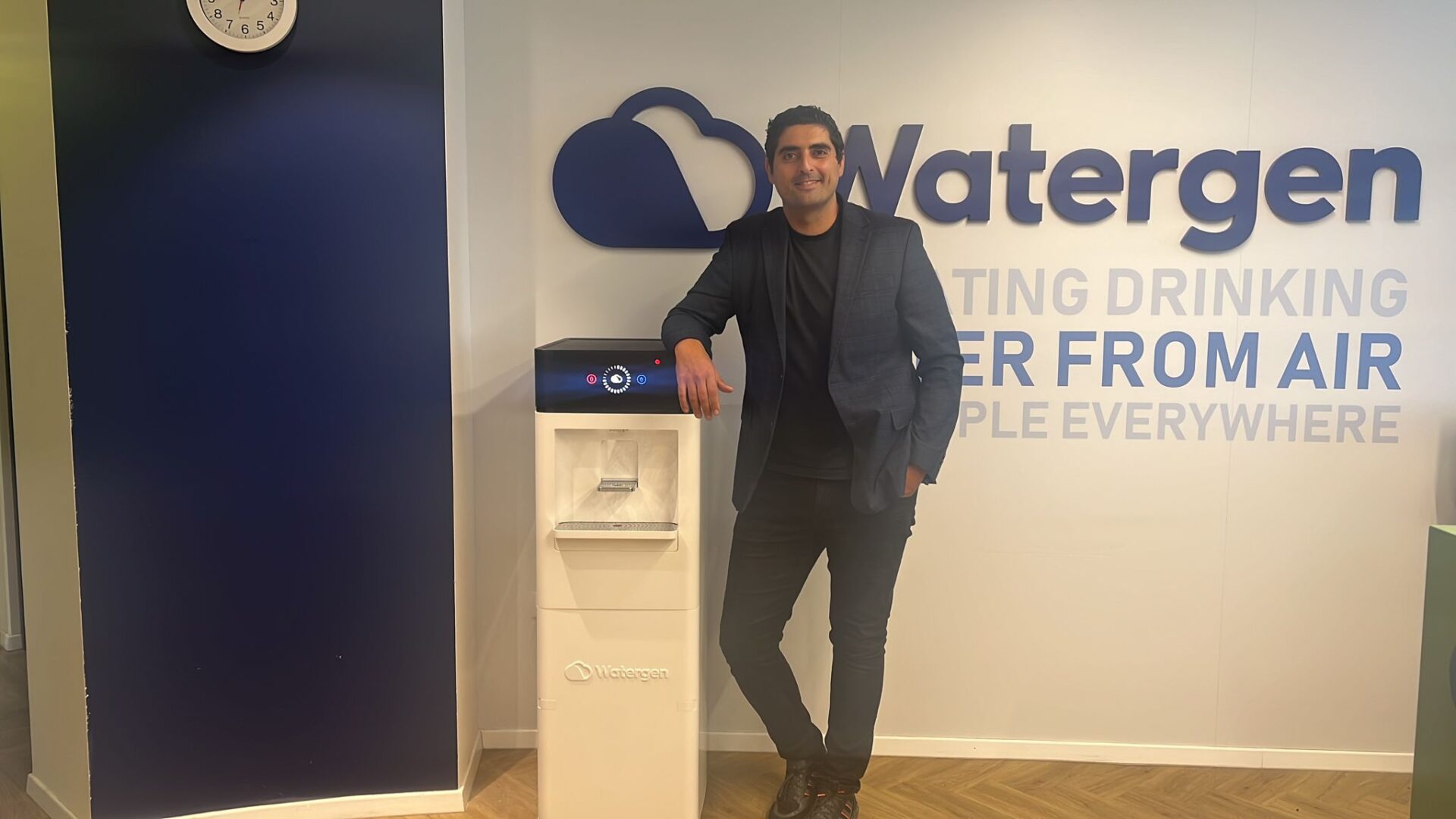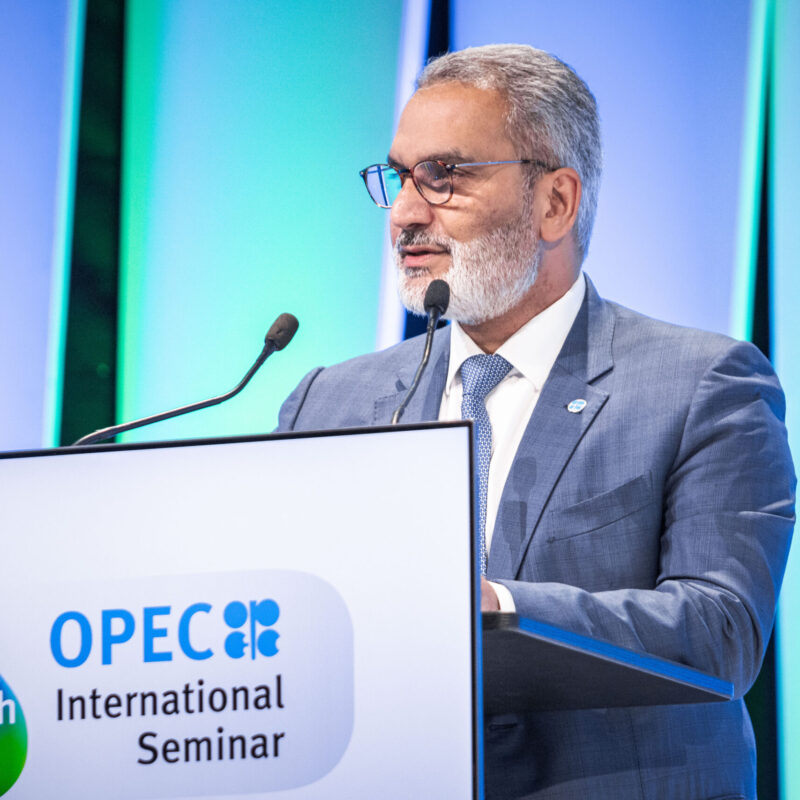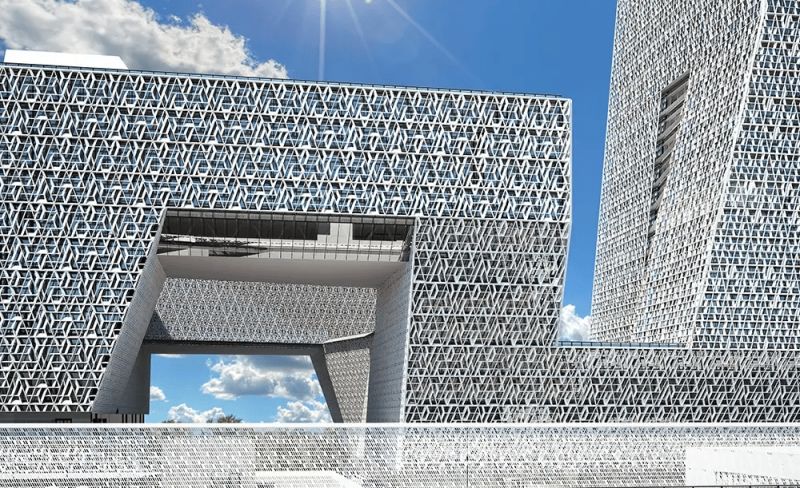
UAE restaurants to offer bottled water drawn from the air
Ma Hawa, a joint venture with Israel’s Watergen, plans launch of its sleek blue bottles at U.N.’s COP28 climate conference
PETAH TIKVA, Israel – Diners at a selection of top restaurants and hotels in the United Arab Emirates will soon find a new brand of bottled water on their tables produced from the humidity in the Gulf state’s air.Presented...



